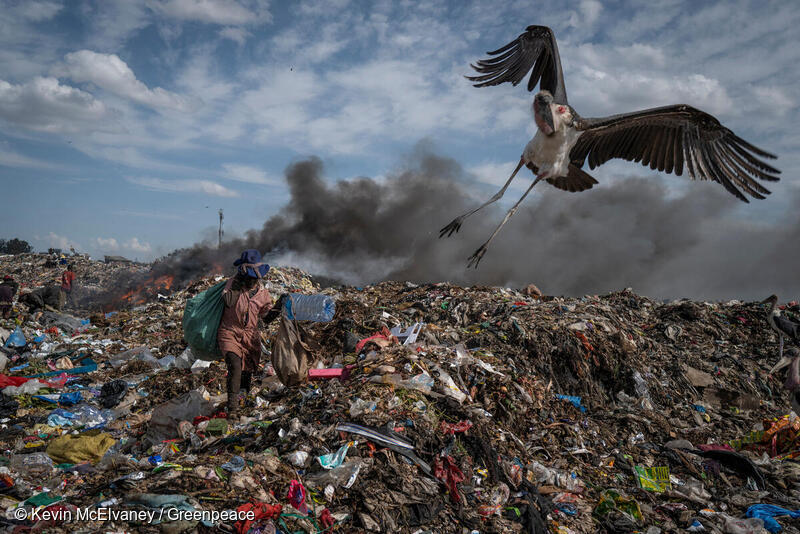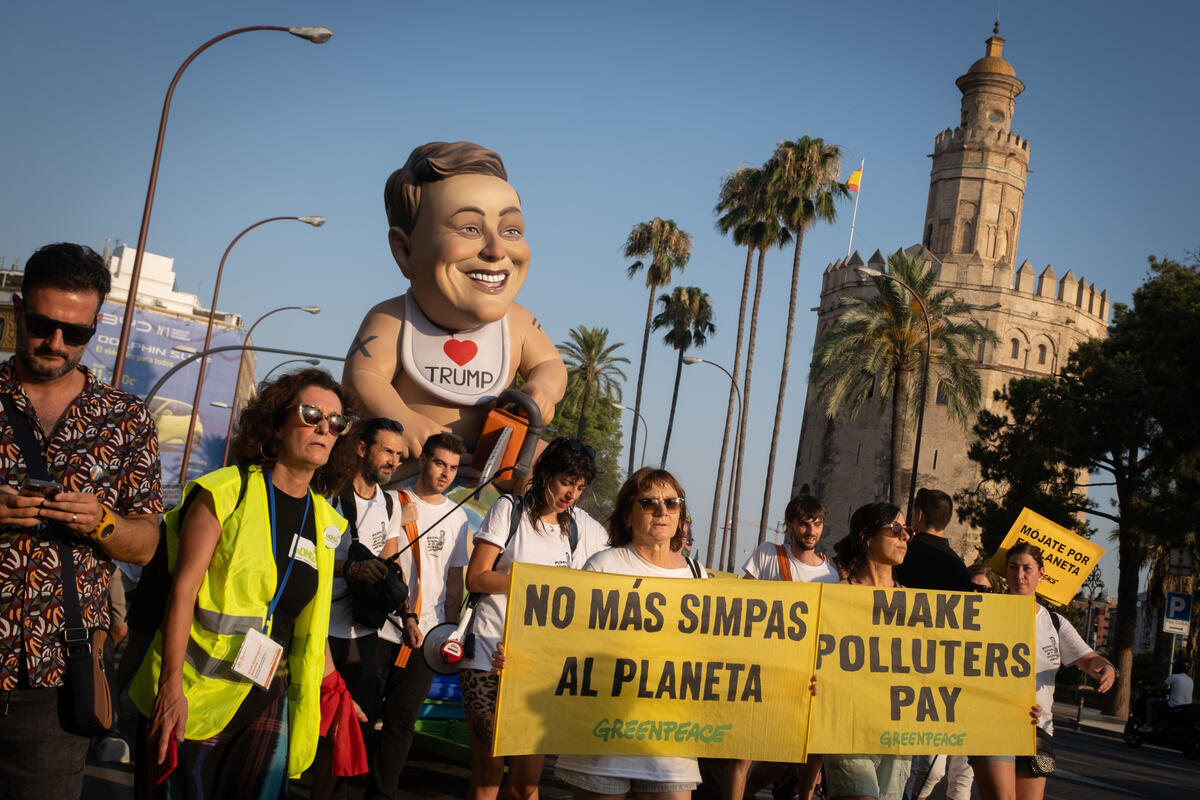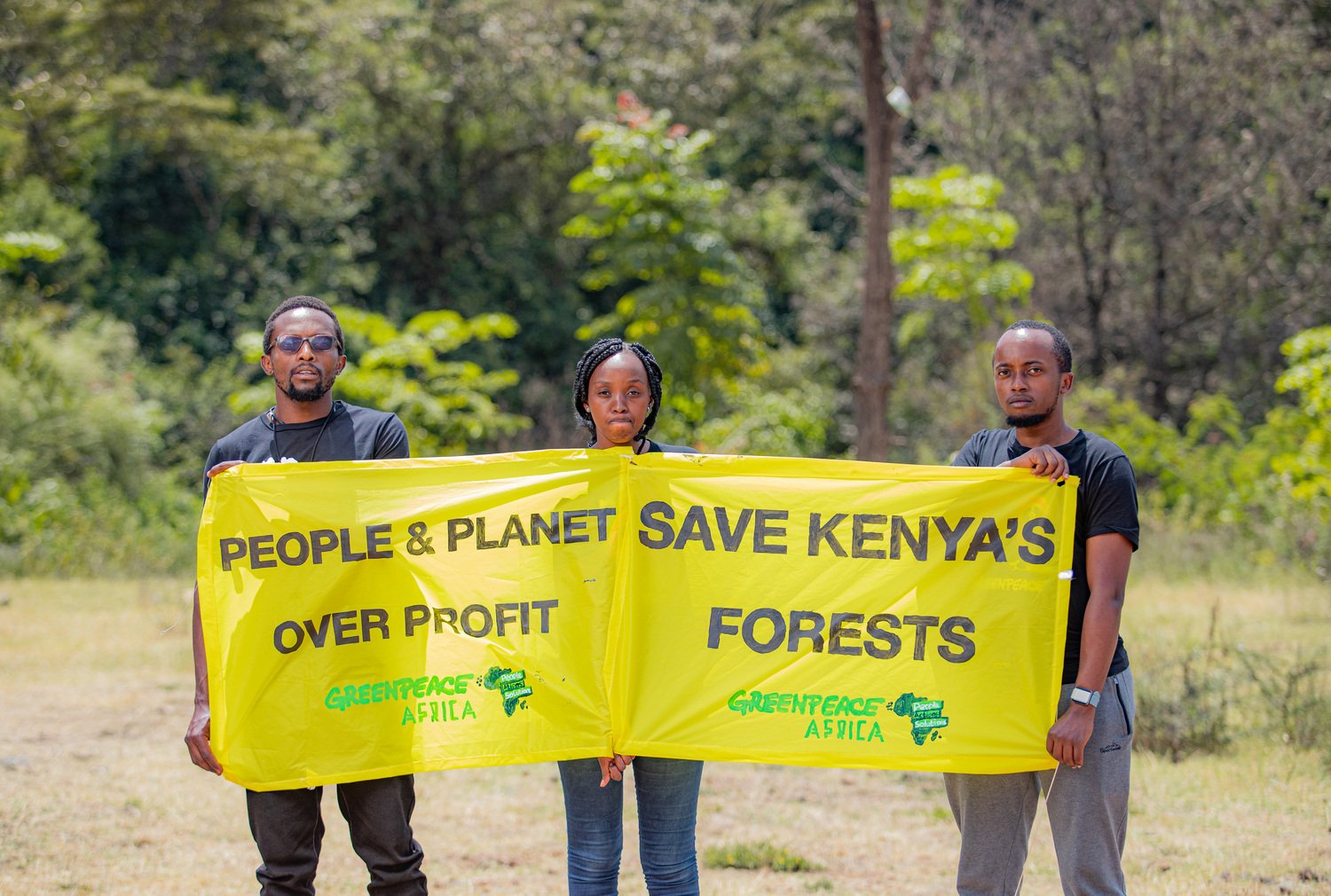Introduction
Global greenhouse gas (GHG) concentrations in the atmosphere are rapidly increasing as a result of anthropogenic activities. Due to their radiative properties, GHGs are attributed to global warming and climate change. The world is continuously witnessing impacts of climate change in the form of destructive floods, droughts, tropical storms and other extreme weather events. Scientific studies show that unless the world stops emissions of GHGs by 2050, the global climate will be unbearable to humankind. This means that South Africa has a direct role to play by reducing its own GHG emissions.
Greenpeace Africa, therefore, commissioned a project report – “Alignment of South Africa’s NDC with 1.5oC global goal”. This report is meant to provide a scientific basis for South Africa to meet its own climate change commitments in line with objective capability.
Objective
The objective of this study was to understand what an updated Required by Science (RBS) target – based on the 2015 Paris Agreement goal of keeping average global warming below 1.5oC compared to pre-industrial levels – would look like, and to determine what it would take for South Africa to reach that target.
Some considerations for achieving SA’s 1.5oC aligned Nationally Determined Commitments
In order to close the mitigation gap identified in the preceding chapter and to achieve net-zero emissions by 2044–2050, the following are some of the interventions that will need to be considered:
- Aggressively scaling up renewable energy in the electricity sector beyond 2030 and building no new coal-fired power plants beyond that year.
- Implementing flue-gas desulphurisation in Kusile, Medupi and all new coal-fired power plants included in IRP 2019.
- Implementing aggressive measures in the transport sector, including non-motorized transport systems, scaling up electric vehicles and implementing mass rapid transit systems in all Metros and secondary cities around the country
- Implementing mitigation measures in the AFOLU sector on a large scale, including smart agriculture and manure management programmes.
- Lastly, moving towards zero solid waste going to landfills through alternative waste management practices.



